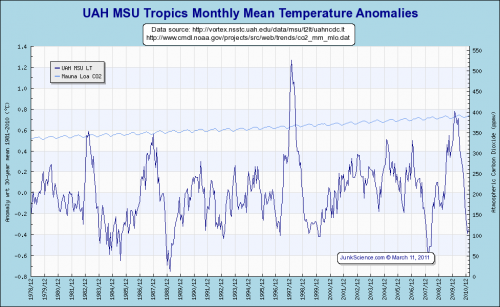Bolivia Passes Law to Make Poverty Permanent
Bolivia is set to pass the world’s first laws granting all nature equal rights to humans. The Law of Mother Earth, now agreed by politicians and grassroots social groups, redefines the country’s rich mineral deposits as “blessings” and is expected to lead to radical new conservation and social measures to reduce pollution and control industry.
The country, which has been pilloried by the US and Britain in the UN climate talks for demanding steep carbon emission cuts, will establish 11 new rights for nature. They include: the right to life and to exist; the right to continue vital cycles and processes free from human alteration; the right to pure water and clean air; the right to balance; the right not to be polluted; and the right to not have cellular structure modified or genetically altered.
Controversially, it will also enshrine the right of nature “to not be affected by mega-infrastructure and development projects that affect the balance of ecosystems and the local inhabitant communities”.
“It makes world history. Earth is the mother of all”, said Vice-President Alvaro García Linera. “It establishes a new relationship between man and nature, the harmony of which must be preserved as a guarantee of its regeneration.”
Hmmm. There is a big gap between thoughtful conservation and fetishism for the primitive.
Update: By the way, the article says this is being driven by climate change already experienced in Bolivia. I suppose it is possible that rainfall has changed, I don't have the numbers for Bolivia, but temperatures in the tropics have shown no trend up or down for decades. Most of the warming the Earth has seen over the last 50 years (whatever the cause) has been in the Northern Hemisphere and in fact in the upper portions of the Northern Hemisphere. Here are the temps for the tropics. The spikes in 1998 and 2010 are El Ninos years.
